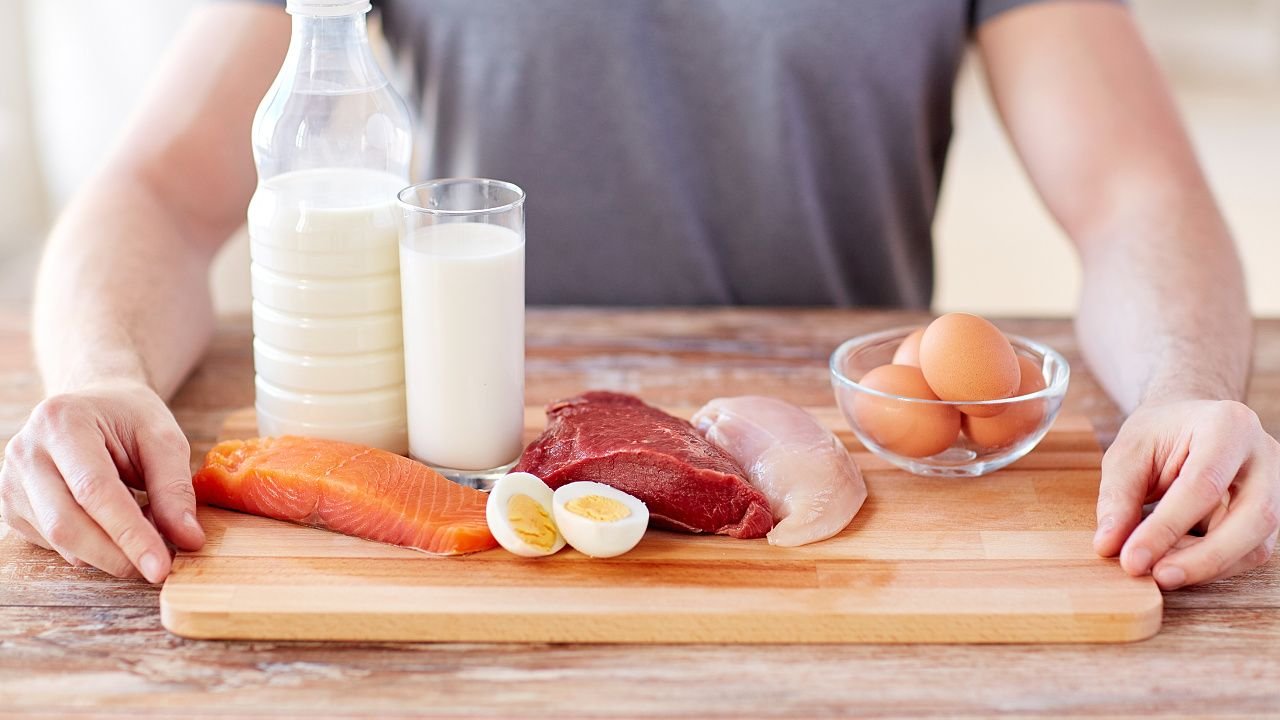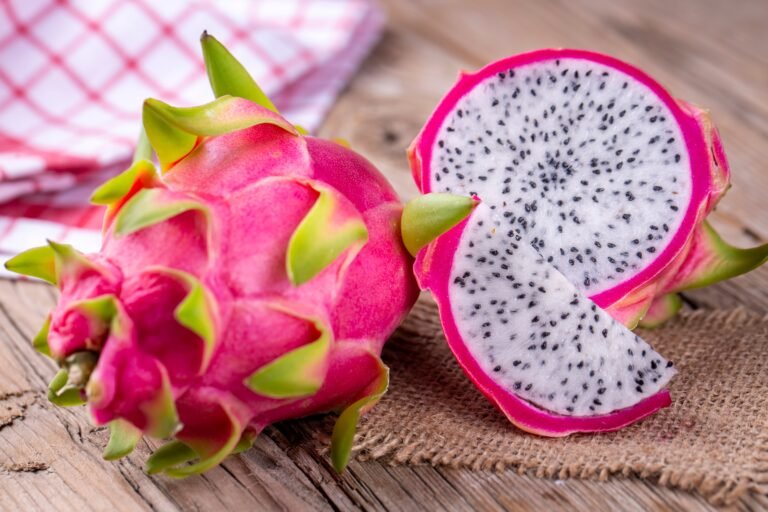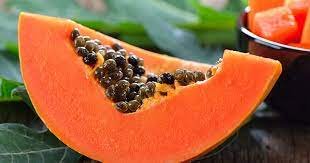Best Foods to Boost Testosterone Production
Briefly Explain Testosterone and its Importance.
Testosterone is a hormone, kind of like a chemical messenger, in the body. It’s mostly known for being important in men, but women have some too. In men, testosterone plays a big role in things like sex drive, muscle strength, and bone health. It helps keep those muscles strong and bones healthy, and keeps men’s bodies working the way they should.
Nutrients for Testosterone Production
Your body needs certain vitamins and minerals to make testosterone. These are like tools it uses to get the job done. Some important ones include zinc, which is found in shellfish and red meat, and magnesium, which is in nuts, seeds, and leafy green vegetables. Vitamin D, from sunlight and fatty fish, also plays a part. Healthy fats, like those in olive oil and avocado, are another helper. Eating a balanced diet with these nutrients gives your body what it needs to produce testosterone.
- Zinc: This mineral is like a spark plug for testosterone production. It helps kick-start the process in your body. Oysters are famous for being high in zinc, but you can also get it from red meat, poultry, and some nuts.
- Magnesium: This essential mineral is another important player on the testosterone team. It helps your body use other nutrients needed for production. Nuts, seeds, and leafy green vegetables are all good sources of magnesium.
- Vitamin D: This sunshine vitamin isn’t just good for your bones. It also plays a role in testosterone production. Fatty fish like salmon and tuna are packed with vitamin D, and your body can also make it from sunlight exposure.
- Healthy Fats: Don’t fear fat! Healthy fats, like those in olive oil and avocado, are actually helpful for testosterone production. They provide energy and support hormone balance in the body.
Specific Foods
- Fatty Fish: Swimming with testosterone-boosting benefits are fatty fish like tuna and salmon. These delicious fish are packed with nutrients that support hormone health, including vitamin D, zinc, and omega-3 fatty acids. Omega-3s are known for their anti-inflammatory properties and overall health benefits.
- Shellfish: Dive into a testosterone-friendly meal with shellfish like oysters and clams. They’re not just tasty appetizers; shellfish are naturally high in zinc, which as mentioned earlier, is a key mineral for testosterone production.
- Leafy Green Vegetables: Popeye wasn’t wrong about the power of greens! Leafy green vegetables like spinach and kale are a great source of magnesium, a mineral that helps your body use other testosterone-boosting nutrients. Plus, they’re loaded with vitamins and antioxidants for overall health.
- Eggs: Eggs are a breakfast (or anytime!) food that’s a testosterone champion. They contain protein, healthy fats, and vitamin D, all of which contribute to a healthy testosterone level.
- Beans and Legumes: Beans and legumes like lentils and chickpeas are a budget-friendly testosterone booster. They’re packed with protein and zinc, both important for testosterone production. Plus, they’re a great source of fiber, keeping you feeling fuller for longer.
- Nuts and Seeds: Snack your way to a testosterone boost with nuts and seeds. Almonds, Brazil nuts, pumpkin seeds, and many others are loaded with healthy fats, protein, and sometimes even zinc, all of which can contribute to healthy testosterone levels.
- Healthy Oils: Don’t ditch the healthy fats! Oils like olive oil and avocado oil are good for your heart and may also help with testosterone production. They provide energy and help maintain a healthy hormone balance in the body.
Other Lifestyle Factors
- Maintaining a Healthy Weight: Keeping your weight in a healthy range can be beneficial for your testosterone levels. Extra body fat can actually mess with your body’s ability to make testosterone. So staying active and eating a balanced diet can help you reach and maintain a healthy weight, which can indirectly support your testosterone production.
- Exercise: Getting regular exercise is a double win for testosterone. Physical activity, especially strength training, can help your body produce more testosterone. Plus, exercise helps you manage stress, which can also have a positive impact on your testosterone levels.
- Sleep: Don’t underestimate the power of a good night’s sleep! When you’re sleep deprived, your body makes less testosterone. Aim for 7-8 hours of quality sleep each night to help keep your testosterone levels in check.
Conclusion:
The food you eat can play a surprising role in your testosterone levels. By incorporating a variety of testosterone-friendly foods like fatty fish, leafy greens, and healthy fats into your diet, you can give your body the nutrients it needs to function at its best. Remember, a balanced diet is key. Don’t skip meals or focus solely on these specific foods.
Consulting a Healthcare Professional:
It’s important to remember that everyone’s body is different. What works for one person might not work for another. If you’re concerned about your testosterone levels, talking to a healthcare professional is the best course of action. They can assess your individual needs and recommend a personalized plan to help you reach your health goals.






